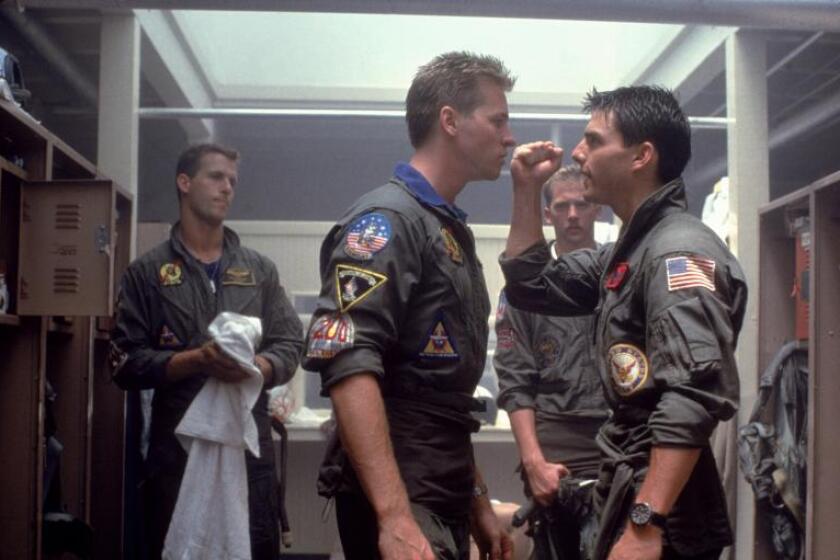Movie freedom
- Share via
Much of Manohla Dargis’ piece, “War Is Heaven” (Dec. 28), concerns the idea of “historical accuracy” and the ironic notion that pretty much only costume designers are interested in it. She also uses the word “lie” several times in her piece, as if the movies in question are government propaganda. I was under the impression that all fiction is lies -- that’s why it’s called fiction. If it weren’t lies, it would be called nonfiction.
I don’t remember Dickens being criticized for making a hash of the politics of the French revolution, or Shakespeare for writing bad Danish history. Where does the idea come from that movies with no claim to being true stories have some political responsibility to be historically accurate?
Likewise, Dargis takes these films to task for the political issues they chose not to deal with. The English were quite brutal in 1812 -- perhaps, as she suggests, Weir should have included that in the film. But then why not something about the horrors of the whaling industry, or the terrible effects of the Industrial Revolution, or the appalling lack of safety in the design of the ships of the Royal Navy? None of those subjects is any more relevant to the story of “Master and Commander” than England’s culpability in the slave trade.
Why didn’t she include a historical overview of whether Hollywood has been pro- or anti-war, or whether war movies promote domestic violence, or whether the amount of gore in these films affects the box office? The answer is simple -- given the constraints of space and reader interest, she chose to write about what she wanted to write about. And, God bless her, it’s a free country.
If [Anthony] Minghella wanted to leave most of the novel’s black characters out of his movie [“Cold Mountain”], that was his choice. We can criticize that choice, but somehow I think we’d be better served criticizing what’s in his movie, not what isn’t.
It is astonishing to me that any of these films can be seen as proof that Hollywood has “retreated from reality.” One of the remarkable aspects of movies is that they take us to other places in time and space.
One final note: One of Dargis’ objections to the current crop of war films is that they deny “juicy roles” to women. I don’t know if Koyuki (Taka in “The Last Samurai”) or Miranda Otto (Eowyn in “The Lord of the Rings”) would agree, but assuming for a moment she’s correct, is she suggesting filmmakers and studios use the criterion of gender balance in choosing subject matter? Neither the republic nor the female gender will collapse because three serious and passionate films chose to depict worlds where women were less present. Somehow I think we’ll all muddle through.
Marshall Herskovitz
Los Angeles
Marshall Herskovitz is a producer of “The Last Samurai.”
More to Read
Only good movies
Get the Indie Focus newsletter, Mark Olsen's weekly guide to the world of cinema.
You may occasionally receive promotional content from the Los Angeles Times.










